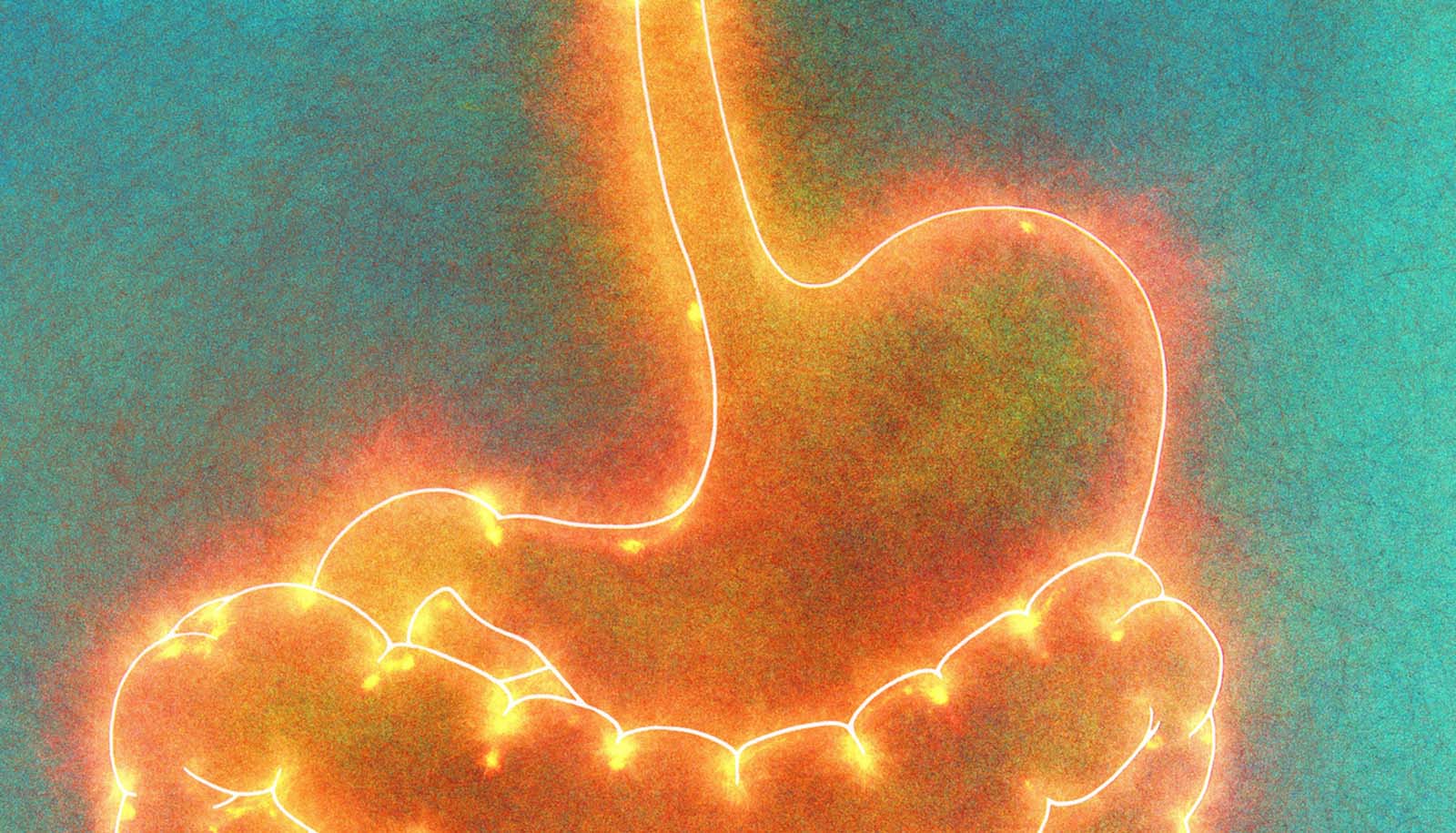Nearly a third of women with breast cancer reject their doctors’ advice and either skip or fail to finish treatment to kill leftover tumor cells after surgery.
A new survey of 2,754 breast cancer patients in Florida and Pennsylvania shows that “treatment discordance”—not following a recommended treatment plan in its entirety—is more likely among patients who report a general distrust of medical institutions and insurers. Patients’ trust in their own doctors does not seem to be a factor.
“If we want more women with breast cancer to complete their treatment, we’ll need to deal with their beliefs about the health-care system—and I do think we can modify those beliefs,” says Lorraine T. Dean, assistant professor of epidemiology at the Johns Hopkins University Bloomberg School of Public Health and lead author of the study in Cancer Epidemiology, Biomarkers & Prevention.
Small studies previously found that some patients refuse their doctors’ advice and choose not to undergo or complete adjuvant therapy after breast cancer surgery. The new study, by far the largest on the issue, suggests that the avoidance of adjuvant therapy is significant and linked to a general distrust in the health-care system.
Adjuvant therapy
Adjuvant therapy for breast cancer normally consists of a course of chemotherapy, hormone therapy, or radiation treatment, and is meant to kill any cancer cells not removed by surgery. Research shows that adjuvant therapy on average reduces the likelihood of breast-cancer recurrence and increases patients’ chances of long-term survival.
Yet it has long been clear that many patients either do not start follow-up therapy or start but do not complete it. Cancer epidemiologists would like to know why, hoping to improve treatment compliance and improve long-term outcomes.
Prior studies, which were smaller in sample size and geographic scope, linked breast cancer treatment discordance to patients’ lack of trust in the general health-care system, but were not clear about whether that is distinct from distrust of physicians.
How to build trust?
For the new study, researchers sought to clarify the issue with a large survey of breast cancer patients in two major US states and mailed survey questions to women in Pennsylvania and Florida cancer registries who were diagnosed with invasive but still localized breast cancer between 2005 and 2007. All were under age 65 when diagnosed.
The response rate was 61 percent and the final sample included 2,754 women. About 69.8 percent said they received all adjuvant treatments their doctor had recommended. The remainder, 30.2 percent, indicated that they had elected not to receive at least one prescribed treatment.
More than half of the latter, or 18 percent of the cohort, had not undergone some or all of recommended hormone therapy; the rest were evenly split between missing some or all radiation treatment and some or all chemotherapy.
“While it is surprising in general that nearly one-third of patients are not following up with recommended adjuvant treatment, some earlier, more localized studies have reported even higher discordance rates,” Dean says, “and it’s possible that our own figures would have been higher if we had followed patients for more than two years.”
The survey asked participants about trust in their doctors and the health-care system in general. Researchers used the patients’ responses to place them into high and low categories of general health-care system distrust, and found that those in the “high distrust” category were about 22 percent more likely to report not having received all recommended treatments.
Anxiety meds more likely after breast cancer scare
The results confirm the link seen in prior, smaller studies between breast-cancer treatment discordance and general distrust in the health-care system. The findings also suggest that this general distrust of medical institutions and the associated treatment discordance aren’t significantly influenced by a patient’s attitude towards her own doctor. Many patients trusted their doctors even when they did not trust the broader health-care system.
“Improving health-care system distrust may require strategies that are not solely focused on boosting physician trust,” Dean says.
A decision to avoid or stop adjuvant therapy would be rational in cases where treatment is unnecessary, she says. However, patients reporting treatment discordance were 40 percent more likely to have a cancer recurrence during the study period—underscoring the importance of improving treatment compliance and, to that end, trust in the health-care system.
“If ordinary businesses can learn to increase trust in their brands, why not the same with health-care institutions?” Dean says.
Johns Hopkins and the National Institutes of Health supported the work.
Source: Johns Hopkins University



